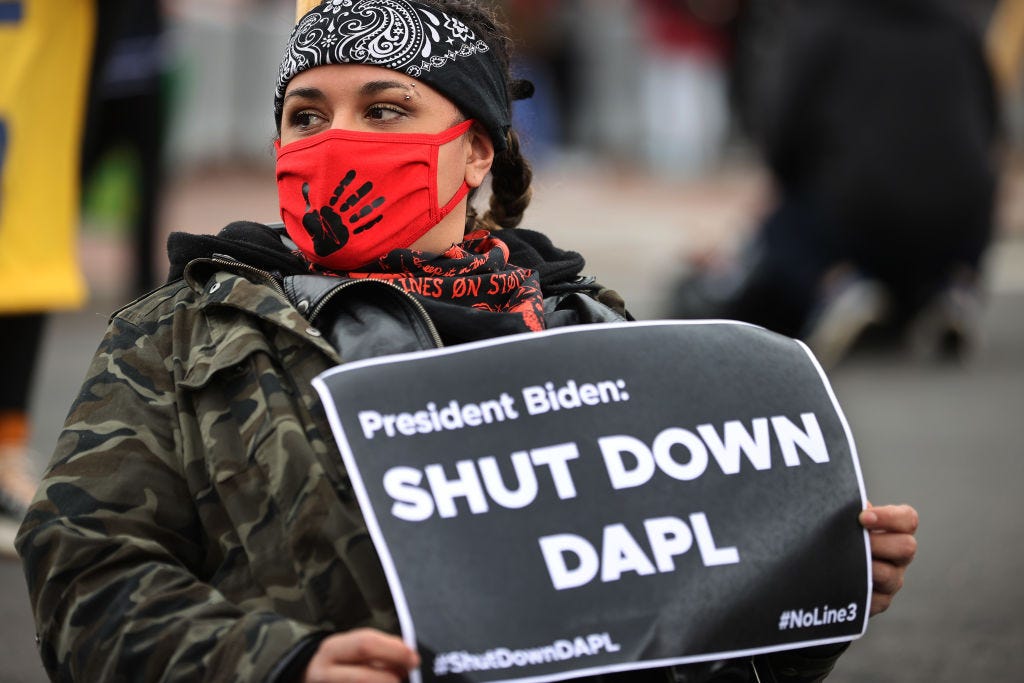Dakota Access Pipeline developer lawsuit stalls, environmental review continues
U.S. Supreme Court declines to hear legal challenge that could have prevented ongoing federal NEPA review.

Keep reading with a 7-day free trial
Subscribe to Indigenous Wire to keep reading this post and get 7 days of free access to the full post archives.

